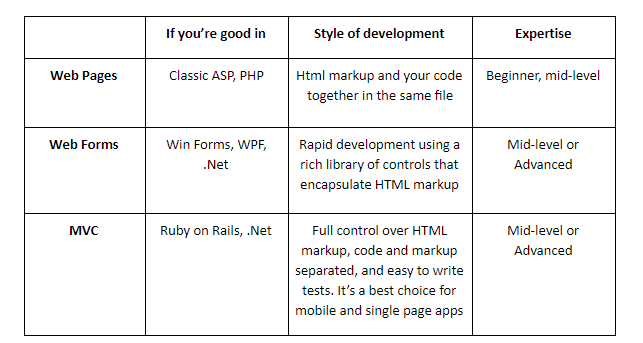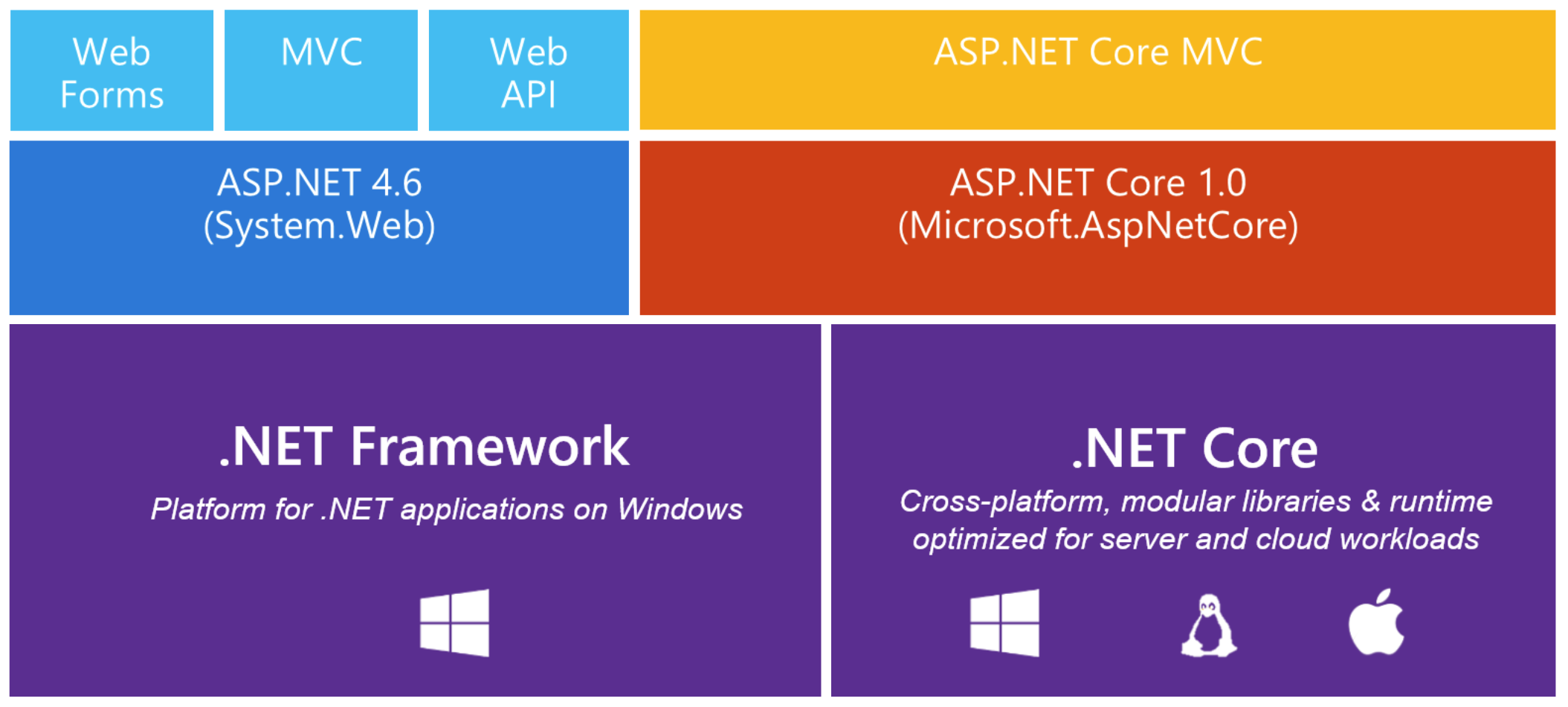#
The Common Core Between VB.NET and C
 #
VB.NET and C# share the same core libraries as they are both Microsoft .NET languages. This allows applications and programs built using C# to often be constructed in VB.NET as well thanks to their similar functional capabilities and throughput. In some cases, the VB.NET syntax and structures can actually make portions of code more readable and easier to implement compared to C#, though there are fewer such examples in recent versions.
#
VB.NET and C# share the same core libraries as they are both Microsoft .NET languages. This allows applications and programs built using C# to often be constructed in VB.NET as well thanks to their similar functional capabilities and throughput. In some cases, the VB.NET syntax and structures can actually make portions of code more readable and easier to implement compared to C#, though there are fewer such examples in recent versions.
Finding Experienced VB.NET Developers
It can be challenging to find experienced VB.NET developers without bias against Microsoft or the language. Highly skilled .NET developers tend to prefer C# as their language of choice. However, VB.NET remains a capable option for building ASP.NET web applications.
Using Any .NET Language with ASP.NET
ASP.NET is designed to support any .NET programming language for the backend code. This includes languages like F# and Oxygene (Pascal) beyond just VB.NET and C#. The main hurdle is that most third-party libraries have been written for C#, so they need to be imported and referenced appropriately in other .NET languages.
Tutorials and Examples
You’ll find many more tutorials and code samples demonstrated using C# for ASP.NET web development compared to VB.NET. This stems from C#’s greater popularity among .NET developers. However, a good starting point for VB.NET and ASP.NET is on the Microsoft documentation site.
Translating C# Examples to VB.NET
When following ASP.NET tutorials written in C#, the examples usually need to be translated to VB.NET. While the core principles remain the same, the syntax will differ. Taking the time to learn the equivalent VB.NET constructs is important for correctly implementing examples in that language.
Still a Viable Option
Despite its lesser usage, VB.NET continues serving as a fully-capable option for building web applications with ASP.NET. The language supports all the essential features required, even if support resources aren’t as abundant. For some tasks, its syntax can even prove easier to read and work with compared to C#.
Choosing the Right Language
When selecting a language for a new ASP.NET project, it’s worth considering your specific needs and preferences alongside developer expertise and library support. In most scenarios C# may be the easiest choice, but VB.NET can work well too for the right circumstances. Both languages allow leveraging the powerful ASP.NET framework.
Continuing to Improve
Microsoft actively maintains and improves both VB.NET and C# over time. New capabilities are added that help close any perceived gaps. So where some past differences existed, modern versions of these languages provide very comparable options for building robust, performant web applications on ASP.NET.
Conclusion
In summary, while C# may be more prevalent for ASP.NET development, VB.NET remains a viable alternative language that can access all the same core functionality. With the right development team, a project built using VB.NET can be just as robust and feature-rich as one created in C#. Both languages excel when paired with ASP.NET for building secure, scalable web applications.

.jpeg) Understanding the Role of National Sorting Hubs in India's Postal System
Understanding the Role of National Sorting Hubs in India's Postal System